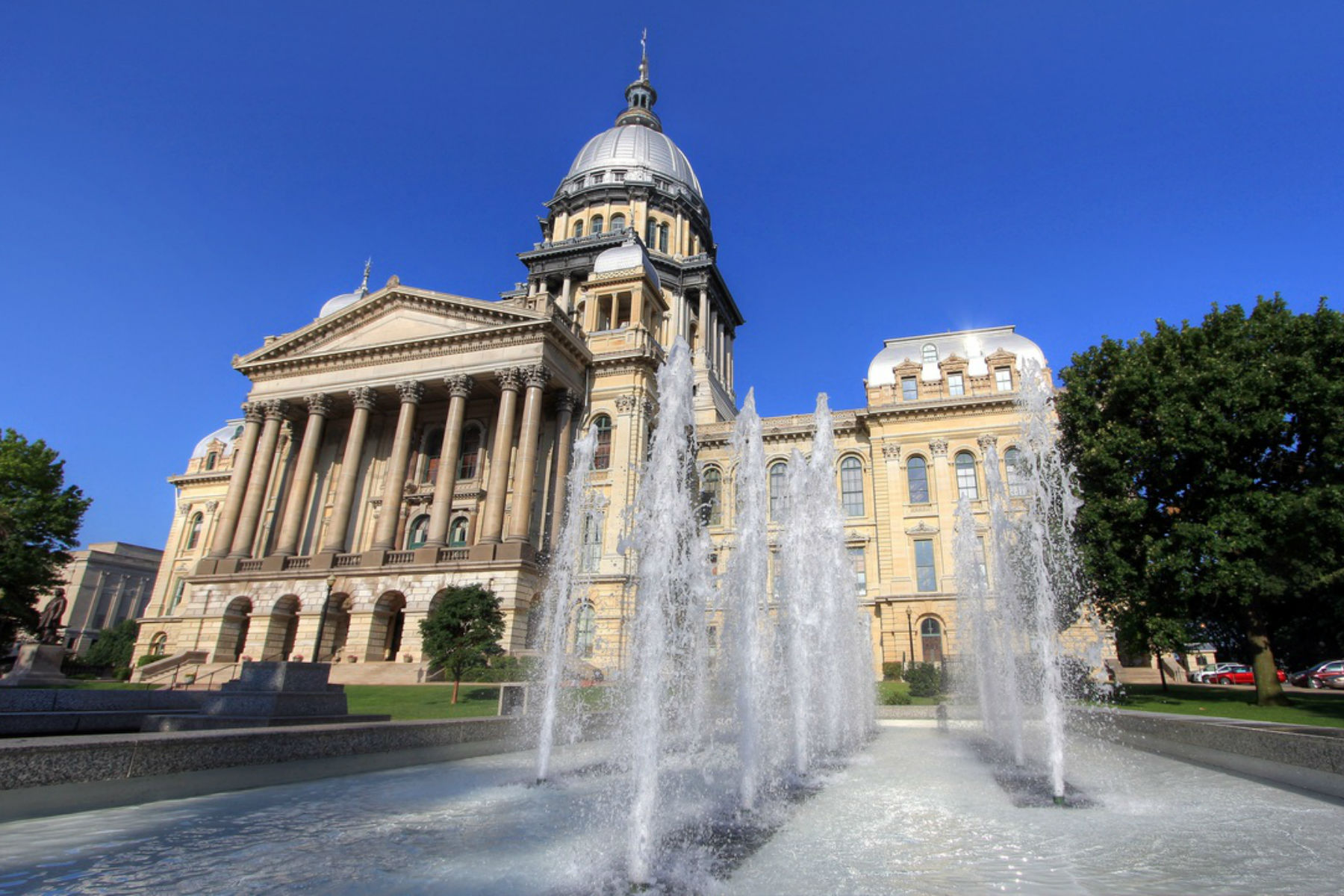Illinois lawmakers are once again drawing sharp criticism from fiscal watchdogs and business advocates as a new payroll tax proposal advances in Springfield. The measure, introduced by State Senator Ram Villivalam (D-Chicago), would fund paid family and medical leave through a tax split between employers and employees—yet another burden, critics argue, in a state already struggling with sluggish private-sector growth.
On Chicago’s Morning Answer, Wirepoints president Ted Dabrowski joined hosts Dan Proft and Amy Jacobson to unpack the implications of the proposed tax and the broader economic picture in Illinois. Dabrowski called the new tax “just another intervention” that adds to the already heavy cost of doing business in the state.
Illinois continues to rank near the bottom nationally for economic growth, according to Wirepoints. While job numbers may appear positive on the surface, Dabrowski emphasized that most of the growth is coming from government hiring rather than the private sector. He warned that policies like the payroll tax threaten to further suppress private job creation in a state already lagging behind its Midwest neighbors.
The payroll tax is not the only proposal on the table. The Chicago Teachers Union, a powerful political force in the city, has floated a suite of tax increases including a graduated income tax, a millionaire surcharge, and expanded sales taxes on services. At the same time, organizations like the Civic Federation and BGA have proposed temporary—but likely long-lasting—income and corporate tax hikes to address the state’s underfunded pension system and replenish its rainy day fund.
Another tax pilot raising alarm is a proposed mileage tax that would charge drivers 30 cents per mile. Jacobson noted that under the plan, some gig workers could owe hundreds of dollars a month in additional taxes. Dabrowski pointed out that this follows a 2019 gas tax doubling, compounded annually by an inflation index, which has already helped make Illinois’ gas tax the second highest in the nation.
As residents grow more frustrated with gas and mileage taxes, property taxes are also hitting home. A recent report by Cook County Treasurer Maria Pappas revealed that between 2021 and 2023, business property taxes dropped nearly 20%, while residential bills jumped over 16%. More than 250,000 households saw increases of 25% or more, with lower-income, minority communities hit hardest. In areas like South Deering, East Side, and West Englewood, property taxes surged while commercial properties paid less after successful appeals.
Dabrowski pointed to the deeper structural issue—rising spending. “Nobody ever talks about cutting costs,” he said, arguing that government spending increases year after year with no serious effort at restraint. Illinois is home to five of the top ten metro areas in the country for highest property taxes, according to Wirepoints.
Amid the financial pressure on families and job creators, Dabrowski did celebrate a recent legal victory. Wirepoints co-founder Mark Glennon was the plaintiff in a Liberty Justice Center lawsuit that successfully challenged a discriminatory investment offering from Bally’s, which initially limited access to women and minorities only. Following the suit, the City of Chicago and Bally’s revised the offering, removing the race and gender requirement—an important win for equal treatment in public-private finance.
Dabrowski also highlighted Illinois’ outlier status on school choice, with more than 30 states now offering some form of educational freedom while Illinois lags behind. As states like Texas implement universal choice programs, he expressed hope that national momentum will eventually bring reform pressure to Springfield.
He closed the interview by urging donors and reformers to focus not just on elite universities like Harvard, but on the K-12 system where ideological agendas often begin. “By the time they’re in college, it’s a little too late,” Dabrowski said. “That’s where the real fostering of all this crazy behavior starts.”
As tax burdens rise and economic mobility shrinks, Dabrowski and others are sounding the alarm that Illinois’ political class is taking the state further down an unsustainable path—one that may already be driving residents and businesses elsewhere.





